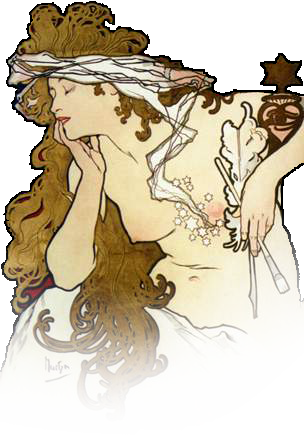Hermitian K-theory for stable ∞-categories I: Foundations
Selecta Mathematica, vol. 29, 2022
(1st online appearance of the preprint on the 16-09-2020)
This is the first article in a series about hermitian K-theory in the context of stable ∞-categories endowed with quadratic functors. This flexible framework enables us both to recover more classical constructions of hermitian K-theory (rings with involutions, dg-categories with duality, etc.) independently of any assumption on the invertibility of 2, and to express the universal property of hermitian K-theory and its connexion with K-theory and L-theory.
We review the basic formalism of quadratic functors, we define Poincaré ∞-categories, which are stable ∞-categories together with a quadratic functor satisfying a nondegeneracy condition. It is an abstraction of the category of modules and of the functor sending a module to its abelian group of quadratic forms. Poincaré object are then an abstraction of the notion of quadratic form.
This formalism permits the definition of different types of forms (quadratic, symetric, hermitian, etc.) in particular at the level of derived categories. We classify all Poincaré structures on the derived category of perfect complexes over a ring and relate them to more classical constructions for categories of modules.
We study the ∞-category of Poincaré ∞-categories and show it is bicomplete closed symmetric monoidal. We also study the process of tensoring and cotensoring a Poincaré ∞-category by a finite simplicial complex. Far from being an unmotivated abstraction, this level of construction actually plays a concrete role in the construction of the Grothendieck-Witt spectrum.
Finally, we define the Grothendieck-Witt group (of degree 0) using generators ans relations and we relate it to L-theory and K-theory (also in degree 0). These groups and this relation is upgraded to the level of spectra in the second article.

